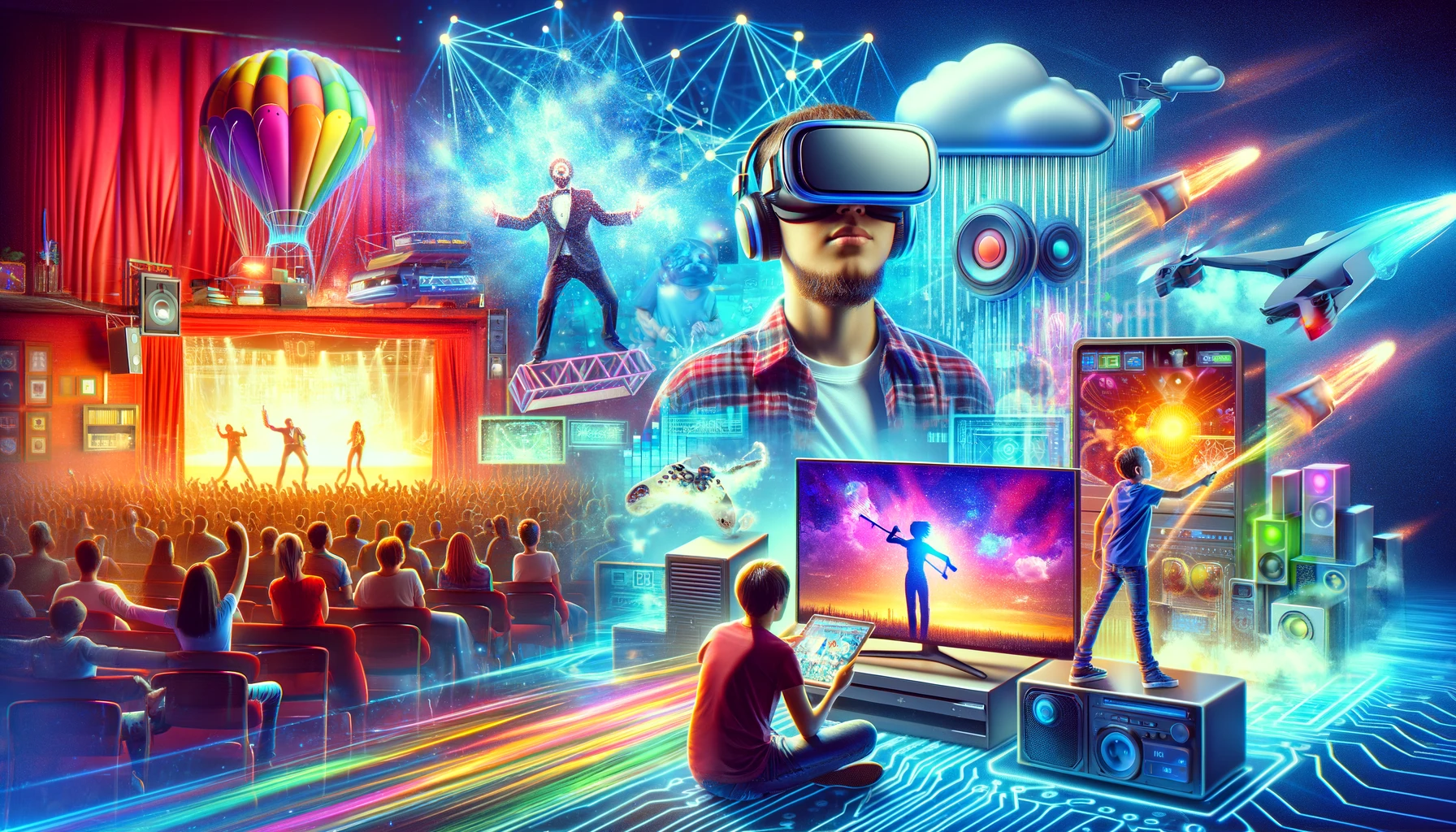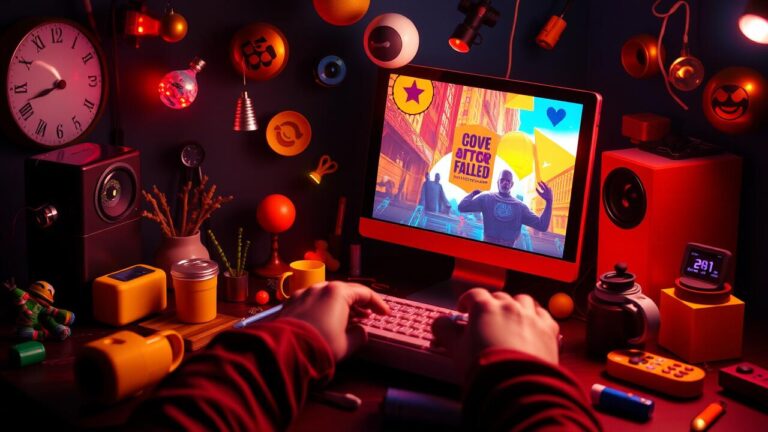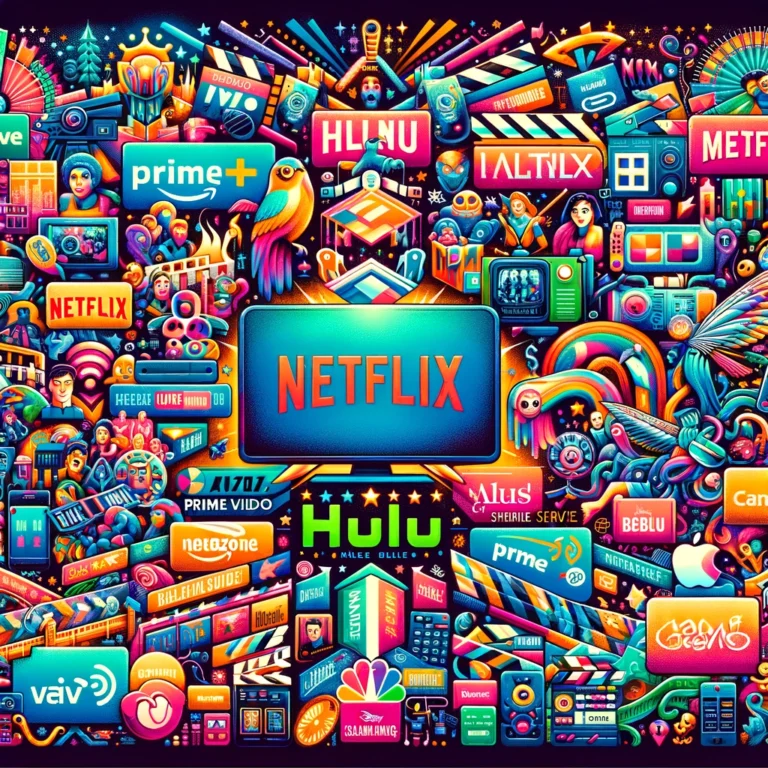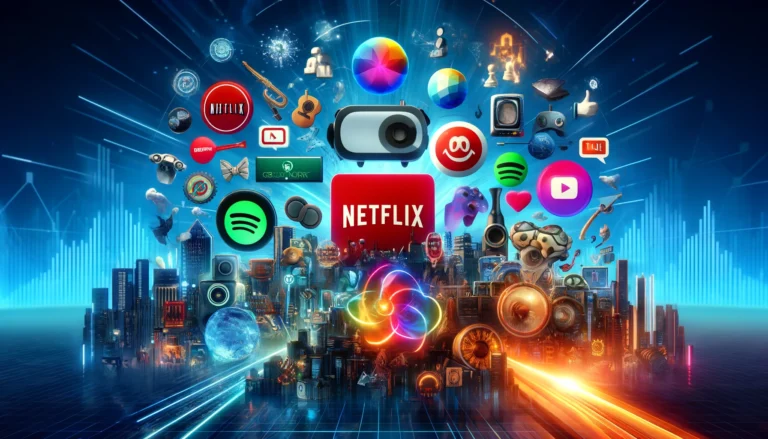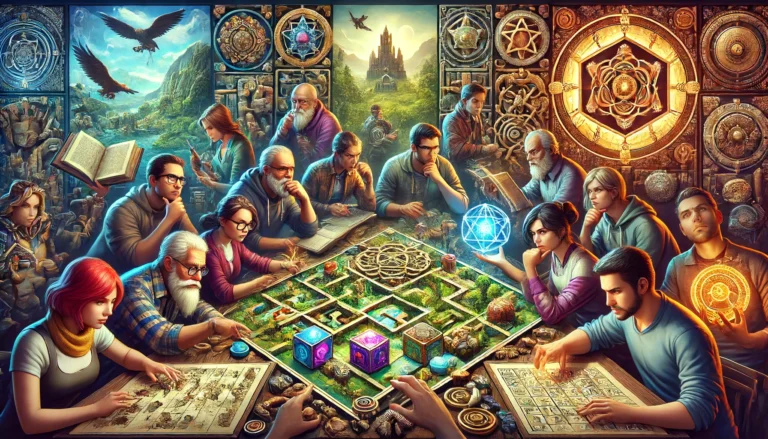The digital entertainment industry is experiencing a remarkable explosion in growth, creativity, and technological advancement. From the rise of streaming platforms to the burgeoning field of virtual reality, the ways we consume entertainment are evolving faster than ever before. In this article, we will delve into this exciting world, exploring key trends, technologies, and what the future might hold.
The Streaming Revolution
One cannot discuss the surge in digital entertainment without mentioning the massive impact of streaming services. Giants like Netflix, Amazon Prime, and Disney+ have redefined what it means to “watch TV” by offering vast libraries of movies, TV shows, and exclusive content at the click of a button. This convenience and accessibility have led to a cultural shift in how people engage with media.
Streaming isn’t just about watching, though. It’s about experiencing media in a personalized way. Algorithms suggest content based on your viewing history, making each user’s experience unique and tailored. This personalization is critical to the success of streaming platforms and a significant factor in their ever-growing subscriber bases.
The Rise of Interactive and Social Entertainment
But streaming is only part of the story. The digital entertainment boom also includes interactive experiences, such as video games and social media platforms that integrate entertainment into their core functions. Twitch and YouTube, for example, blend gaming, live streaming, and social interaction in ways that allow users not just to watch content but to be a part of it.
Video games themselves have become a leading form of entertainment, transcending the stereotype of being just for the youth. With the advent of cloud gaming services like Google Stadia and Microsoft’s Xbox Cloud Gaming, high-quality gaming has become more accessible, requiring nothing more than a stable internet connection.
Virtual Reality: A New Frontier
Perhaps the most futuristic aspect of the digital entertainment surge is the growth of virtual reality (VR). VR offers an immersive experience that traditional media can’t match. Whether it’s exploring new worlds, attending virtual concerts, or experiencing films in 360 degrees, VR is pushing the boundaries of how we interact with digital content.
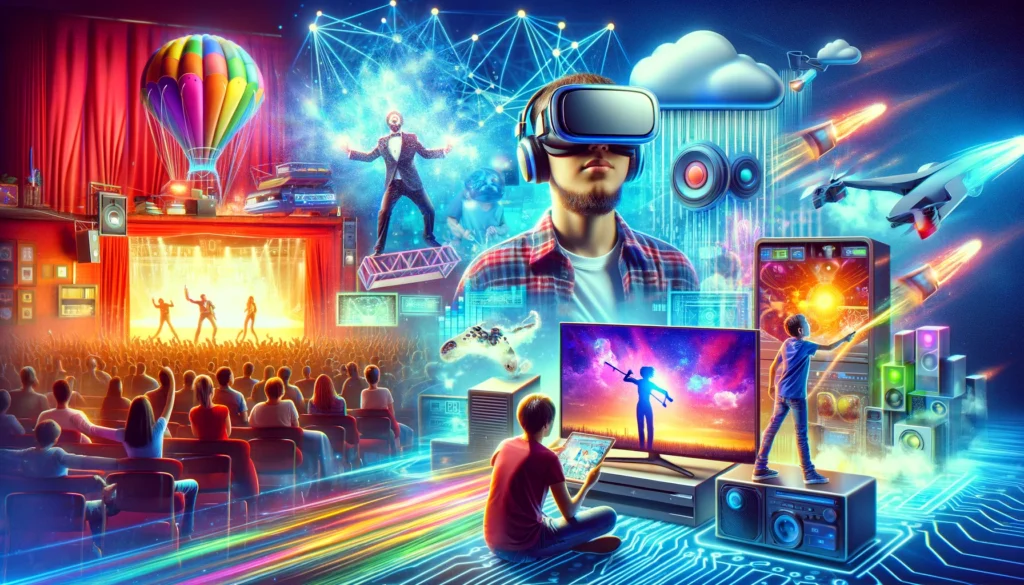
Companies like Oculus, Sony, and HTC are continuously improving their VR headsets, making them more comfortable, affordable, and accessible to the average consumer. As technology advances, we can expect VR to become an even more integral part of the digital entertainment landscape.
The Role of Artificial Intelligence
Artificial Intelligence (AI) is another cornerstone technology that’s shaping the future of digital entertainment. AI is used in various ways, from improving content recommendations in streaming services to enhancing the realism of computer-generated imagery (CGI) in movies and video games.
Moreover, AI is starting to create content on its own. From AI-written scripts to music composed by algorithms, the potential for AI in content creation is immense and somewhat untapped, promising a new era of creative possibilities that could redefine what it means to be entertained.
Educational and Edutainment Content
Digital entertainment is not just for leisure; it’s also educational. The rise of educational platforms like Khan Academy and apps like Duolingo shows that digital tools can make learning not only more effective but also fun. These platforms use engaging methods such as gamification to help users learn languages, science, and math more enjoyably and interactively.
The Challenges Ahead
Despite the excitement surrounding the digital entertainment boom, there are challenges. Issues such as digital rights management, copyright infringement, and the digital divide could hinder the growth of this industry. There’s also the matter of data privacy, with platforms collecting vast amounts of user data to tailor content and ads.
Conclusion
The digital entertainment boom is transforming how we create, consume, and think about entertainment. With the advent of streaming services, VR, AI, and more interactive platforms, we are entering a new era of digital media. As technology continues to evolve, the potential for innovative forms of entertainment only seems to expand, promising a future where digital experiences are as rich and varied as the real world.
Engaging Tips and Examples
- Check Out VR Experiences: If you haven’t tried VR, look for local VR arcades or consider investing in a headset. Experiencing a concert or walking through a recreated historical site can redefine your understanding of immersive entertainment.
- Explore AI in Entertainment: Follow developments in AI-driven content. Websites like TechCrunch or Wired often cover the latest innovations, providing a glimpse into how AI is being used to create and enhance entertainment.
- Join a Streaming Service Trial: Most streaming platforms offer free trials. Use this opportunity to explore different services and find out which one suits your tastes best, whether it’s for exclusive shows, movies, or documentaries.
By understanding and engaging with these developments, you can better appreciate the depth and breadth of the digital entertainment landscape. Whether you’re a consumer or a creator, there’s no denying the exciting opportunities that this digital entertainment boom presents.

